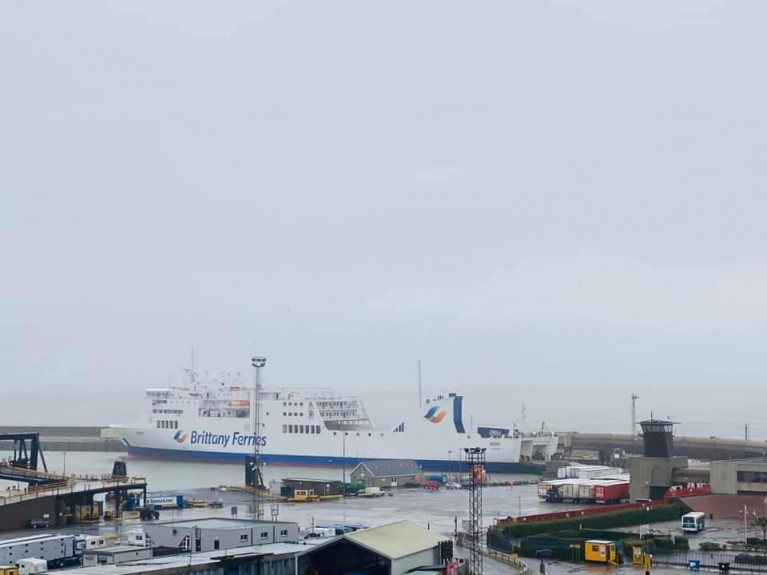Displaying items by tag: Suspend 'Pass' Spain
Brittany Ferries Maintains Freight to Spain But Suspend 'Passengers' On New Rosslare-Bilbao Route
Ferry operator Brittany Ferries has outlined a series of immediate changes to its schedules, in response to the on-going Coronavirus crisis.
On 12 March, the French government announced steps to protect its citizens.
According to the company employing all-French crew, Brittany Ferries announced that they must also respond quickly. It must prepare for the possibility that many crew may not be available to work, either through self-isolation or because they are caring for family members at home.
In addition the Spanish government has announced a state of alert, applicable from 14 March. This follows a significant increase in Coronavirus cases and advice from the UK Foreign and Commonwealth Office guidance advising citizens to avoid travel to certain regions of Spain.
The measures are therefore designed to ensure sufficient crew are available to operate as many services as possible, while responding to the dynamic political situation in Spain.
The following changes will apply until at least 9 April 2020:
(AFLOAT adds for information from the Irish Government, click HERE and including Travel advice this LINK plus the Irish Dept of Foreign Affairs website).
Ireland-Spain
Brittany Ferries’ Kerry service operating between Rosslare and Bilbao will take only freight. The last passenger service will leave Bilbao tomorrow at 12:00 on Sunday 15 March bound for Rosslare. This change applies until at least 9 April 2020. For sailings schedule click HERE.
Ireland-France
Following dry-docking in Poland, Pont-Aven (as Afloat reported) the flagship will not return to service on Tuesday as planned on 17 March (St. Patrick's Day) until at least 9 April 2020. Pont-Aven was scheduled to serve the following destinations: Portsmouth-Santander-Plymouth-Roscoff-Cork. For sailings click HERE.
These changes will be reviewed by directors in the days and weeks to come. All passengers with existing reservations will be offered a full refund. Where possible - and acceptable to the traveller - alternative arrangements will be made on other Brittany Ferries services.
“On behalf of everyone in the company, I would like to apologise for the significant disruption this will cause to many customers,” said Christophe Mathieu, CEO Brittany Ferries. “However, under the extraordinary circumstances of the current crisis, we have no option but to take decisive action now to respond to the challenges we face. We thank everyone for their understanding at this difficult time.”
It is likely that customer relations teams in all markets will be extremely busy in the days to come. In addition, normal two-way interaction via social media may not be possible due to the volume of enquiries and availability of staff.
Brittany Ferries apologises in advance for delays in usual response times.
Click here for further information on changes to some of the operators other routes.






























































